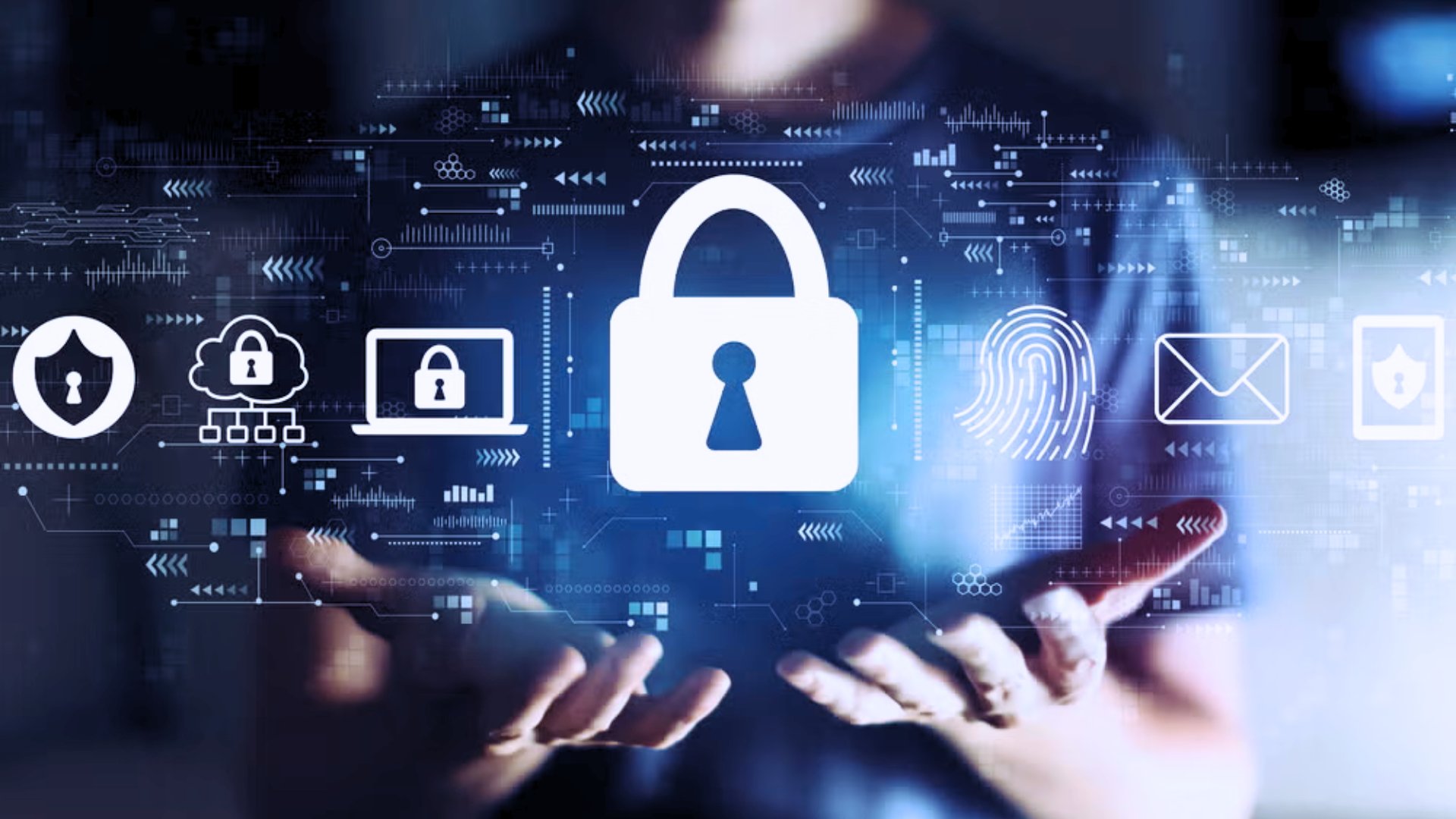
CyberGuard’s Take on Quantum Cyber Security Threats
In a recent podcast by Rixon Technology, CyberGuard Advantage’s own Sajeev Prelis, Executive Vice President of Technical Sales, provided a critical take on the emerging quantum threat.
During the "Well, Fix It Before the Quantum Apocalypse. Probably" episode by Rixon Security, Prelis underscored the urgency of going further than just being compliant with the industry standards.
“The compliance standard is a minimum (standard). Security needs to be much higher”, commented, arguing that if companies want to be prepared for the quantum threats, they need to start developing stronger security systems that go beyond the basics.
He also added that organizations are getting a false sense of security, and most of the businesses are not taking into consideration the benefits cybercriminals are getting to make their systems vulnerable.
“Cybercrime is very incentivized compared to a company's security budget”.
Sajeev Prelis, Executive Vice President of Technical Sales, CyberGuard Advantage
Sajeev Prelis brings an authoritative voice to the complex challenges of quantum computing and cybersecurity. Sajeev has over 20+ years in IT Compliance, audit, and cybersecurity risk management.
He also has an extensive background in building and managing information security, privacy, IT governance, regulatory compliance, and risk management programs and teams.
How to Prepare for Quantum Cyber Security?
So, how is your organization preparing for the post-quantum world? The path to a resilient security posture involves concrete steps you can take today.
- Audit Your Cryptographic Inventory: First, you need to understand what you have. Identify all systems, applications, and data that use public-key cryptography. This is the foundation of your quantum computing cybersecurity plan.
- Embrace Crypto-Agility: Your systems should be designed with the flexibility to quickly swap out cryptographic algorithms. This "crypto agility" is essential for a smooth transition to quantum computing cybersecurity standards, which will eventually replace current protocols.
- Develop a Strategic Roadmap: Work with your leadership and IT teams to create a multi-year plan for migrating to new, quantum-safe algorithms. This plan should prioritize your most critical systems and long-term data.
- Stay Informed on Post-Quantum Standards: The National Institute of Standards and Technology (NIST) is actively standardizing new quantum-safe algorithms. Stay up to date with these developments to ensure your migration plan aligns with accepted standards.
By taking these steps, you demonstrate that your organization is preparing for a postquantum world, safeguarding your digital future against the coming quantum threat. The time to act is now, well before the era of quantum hacking becomes a reality.
At CyberGuard Advantage, our certified experts are here to help you stay ahead of evolving threats with tailored penetration testing services. Don’t wait for a breach to expose weaknesses.
Schedule a call today!
Take the first step towards stronger resilience and sustainable growth.

